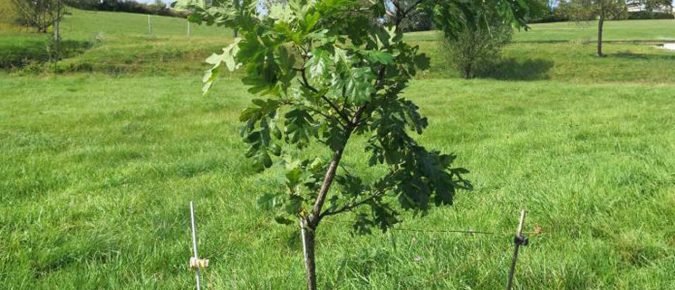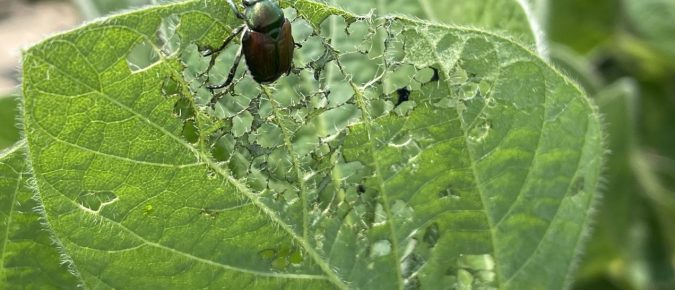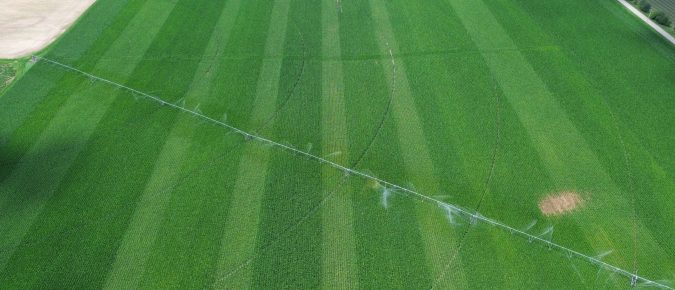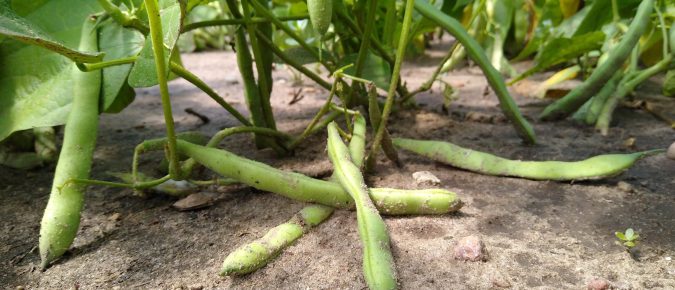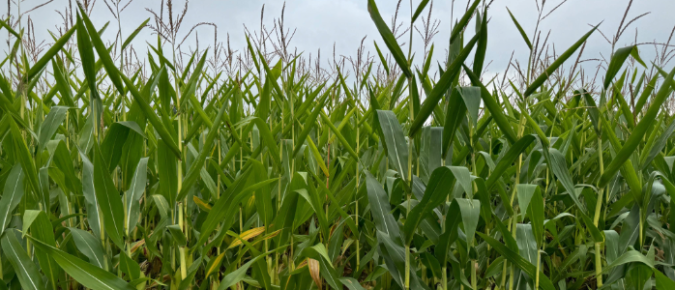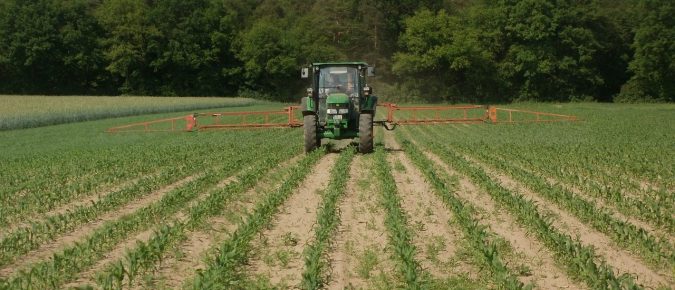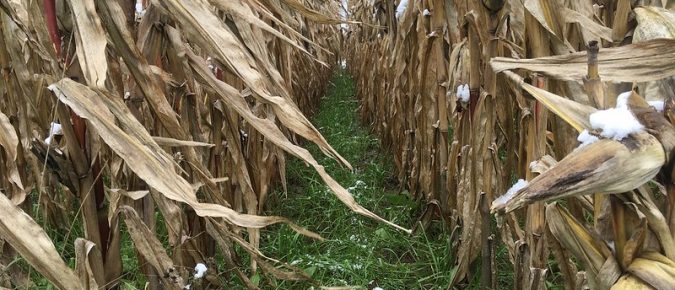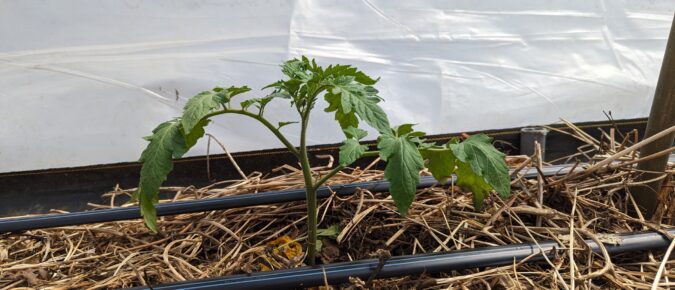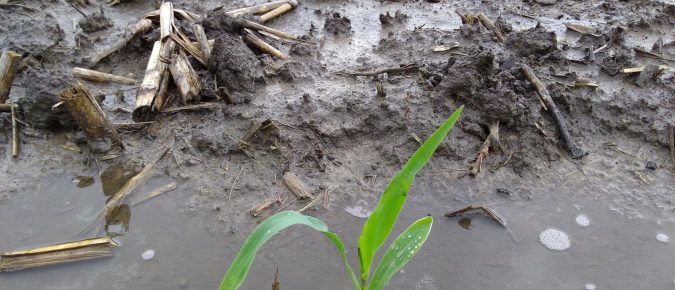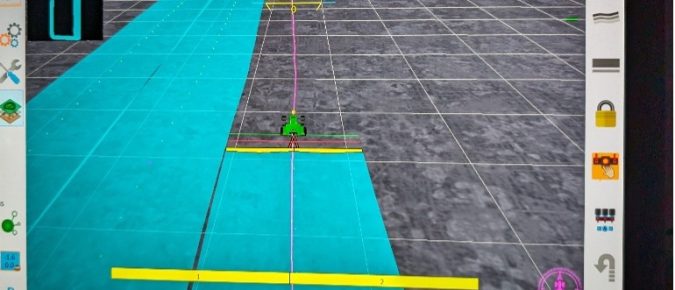Silvopasture, the intentional, managed integration of trees with grazing systems, can provide a variety of benefits, including shade and emergency forage for livestock, carbon storage, and potential income from tree products. Establishing silvopasture by planting trees allows the farmer to control tree species and placement. It also offers climate benefits and may be eligible for technical and financial assistance from the USDA Natural Resources Conservation Service in Wisconsin.
Silvopasture is an agroforestry practice that integrates trees, forage, and livestock on the same site and manages the system to protect the environment. If you have woodland on your farm and are interested in converting it to silvopasture, there are several important decisions you need to make. This way of establishing silvopasture is sometimes also called “silvopasture by subtraction”
This annually updated reference guide is one convenient source for management information on the key pests of corn, soybean, forages, small grains, and stored grains and provides targeted information for Wisconsin growers.
We talk quite a bit about on farm research results on Field Notes, so we thought it was high time to do an episode detailing the ins and outs of doing research on farms in Wisconsin. We dive into the details of asking the right question, trial design and logistics, and analysis with Ben Turzinski and Monica Schauer.
This guide offers the latest recommendations for disease, insect, and weed management in Wisconsin’s most common commercial vegetable crops. Also included are lime and fertilizer recommendations as well as insect identification information and keys.
In 2024, grain and silage performance trials were planted at 12 locations in four production zones: the southern, south central, north central, and northern zones. The purpose of these trials is to provide unbiased performance comparisons of hybrid seed corn for grain and silage available in Wisconsin.
The Herbicide Mitigation Strategy is one of the first phases of the Environmental Protection Agency’s (EPA) work plan to achieve compliance with the Endangered Species Act (ESA) and will set the tone for subsequent changes in the coming years. Moving forward, the herbicide strategy will be applied to all new herbicide active ingredient registrations and be considered during the herbicide registration review process. Outlined below are the key changes to the label and mitigation practice resources.
Using datasets from large numbers of farms, Dr. Jeff Hadachek created a model that allows farmers to input their own costs to see how their bottom line would be affected if they implemented specific conservation practices. Read more and access the tool here.
Do you want to get a head start on managing next year’s insect pests? Focus on managing your crop residue. Removing or tilling in crop residue this fall could make a big impact towards pest management. Read for pest-specific strategies on residue management as well as other cultural control options.
We sit down with Mallika Nocco, assistant professor and extension specialist in agrohydrology from UW-Madison to discuss water conservation: What is it, why does it matter for Wisconsin farmers, and what are practical ways we can implement it on the landscape?
As more farmers have now grown up in the age of computers and software development, we are starting to see an increase in open-source projects related to agriculture. Open-source software (OSS) is a software product for which the code is freely available to the public to use or modify.
Dr. Tommy Butts, assistant professor of weed management at Purdue University, presents on the chemistry of herbicide applications.

